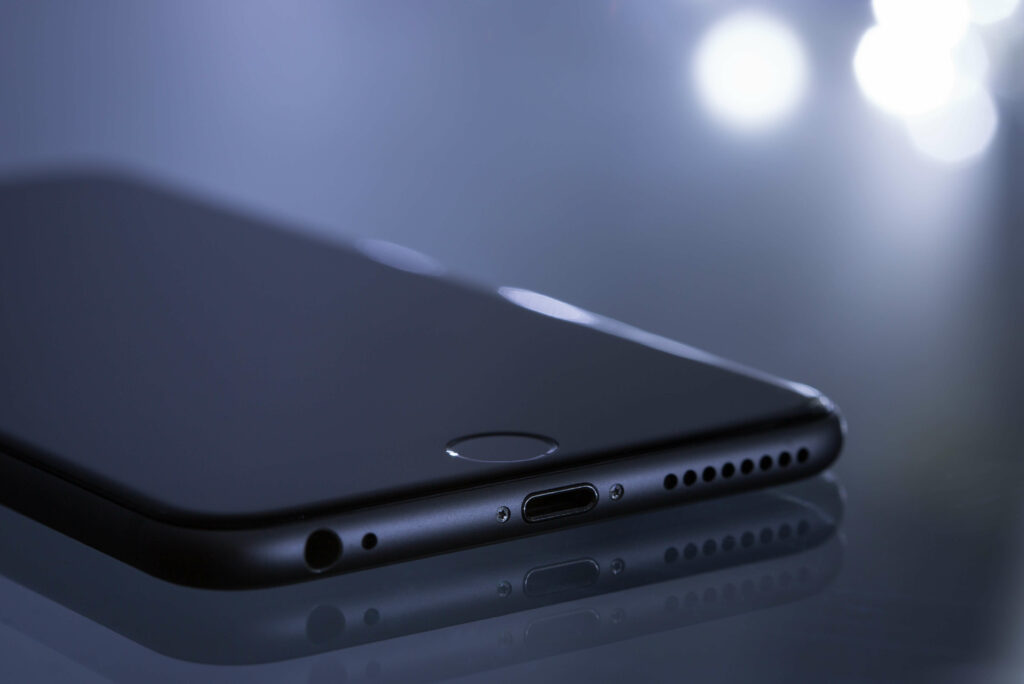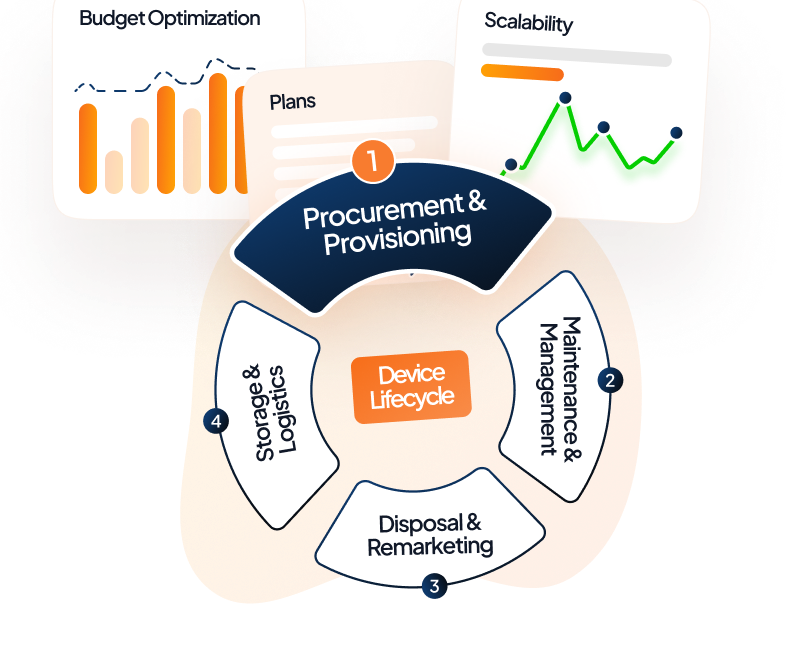How Mobility affects the environment. Top environmental Implication of smartphone boom
Smartphones and data centers are damaging to the environment and will have the largest carbon footprint in the tech industry by 2040. Researchers came to this conclusion after estimating the carbon footprint of devices such as laptops, tablets, smartphones, and desktops – as well as data centers and communication networks collectively known as information and communications technology (ICT). Smartphone poses a serious burden on the environment, gobbling up power and precious materials before heading to the landfill. In the developing countries where they are recycled or dismantled, they can end up in the rivers and soil, where they help contribute to cancer, damage to the nervous system and brain development in children.
Many people are overwhelmed by the term ‘recycling.’ Recycling is a form of waste management involving turning waste and other used materials into reusable goods. Recycling reduces energy usage, reduce the depletion of fresh raw materials, reduce air pollution and water pollution reducing the need for “traditional” waste disposal and also reduces greenhouse gases emissions. Before venturing into recycling, it is important to understand the good and bad involved in this process.
Recycling sites are always unhygienic, unsafe and unsightly. You can visit any waste recycling site, and you will almost always see dirty, unhealthy and unsightly conditions, where every form of waste is piled, provides a nice ground for the formation of debris and spread of infectious diseases. The harmful chemicals from these wastes can also be dangerous. Apart from causing heavy pollution, the whole recycling process poses health risks for individuals responsible for recycling these waste products. Moreover, if such waste products come into contact with water, results in the formation of lead that ends up polluting water bodies, not to talk of drinking water.
Recycling saves energy and prevents unwanted waste. However, recycling mobile devices carries some disadvantages, including issues of toxic waste byproducts and problems with personal information contained in the most smartphone.
Toxicity Levels
Smartphones contain some poisonous elements, like mercury, cadmium, and lead. The recycling process for such products is very complex, and toxic waste left over from the recycling process often ends up in trash dumping sites. The soil and water sources surrounding the dumping site are negatively affected by these toxins. Smartphone consist of different metals and plastic components. Separating the different metals poses a problem for many smartphone recyclers. Also, certain plastics cannot be recycled. In fact, less than 10% of the total plastic used in America is recyclable. The environmental challenges of smartphone sales are clear. Without a strong commitment to recycling, electronic -waste is ending up in landfills in large numbers, and the chemicals within these products, like lead and mercury, pose threats to the environment.
Environmental concerns remain high
That’s why states are pushing for better alternatives, one of which is to take those devices to a proven and reliable e-recycling companies like Unduit Wireless, where the devices can be dismantled, and the different parts used to make new products. Calling on consumers to recycle smartphones is very important, and if they don’t know where to dispose of electronic waste, there are smartphone recycling companies like unduit wireless ready to help.
In Conclusion, unduit wireless specializes in enterprise mobile device recycling and is also your proven security specialist. All personal information stored on your mobile devices and hard drives are eliminated, along with your concerns about identity theft.






